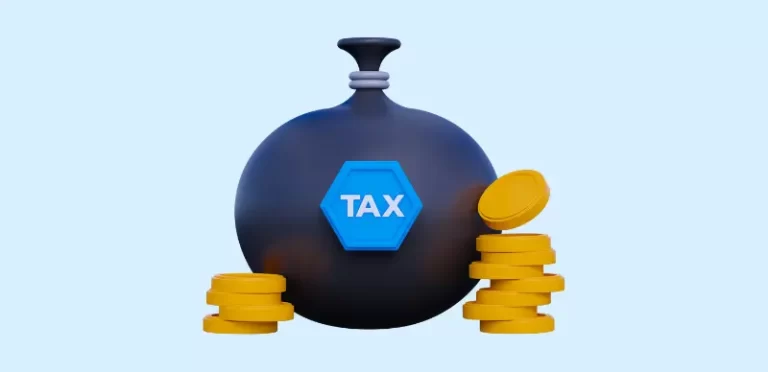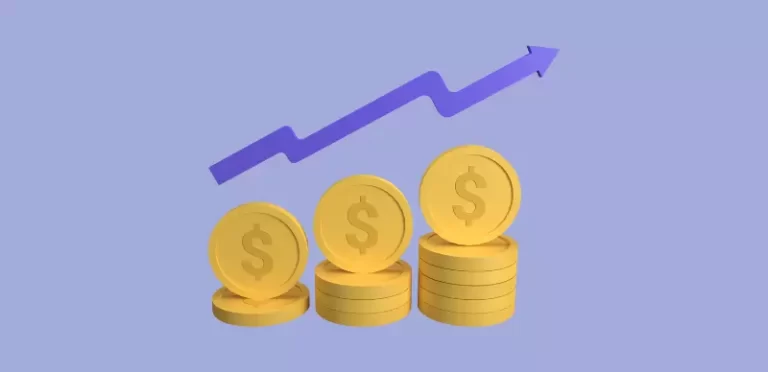Payment is compulsorily collected from individuals or firms by a government (central, state, or local) or by the functional equivalent of a government. In modern societies, taxes are paid in money, but payment in the form of commodities has occurred in the past.
Current tax legislation requires that the level of tax payment is defined by objective criteria, and so it is not set arbitrarily by the tax collector. This has not always been the case in principle, tax can be levied on any identifiable characteristic though most taxes are based on the economic characteristics of transactions.
A recent exception is the UK community charge that was levied from 1990 to 1993. This was a fixed tax payable by all adults, so was essentially a tax on existence. Taxes are employed by the government to raise revenue. As a consequence, the increase in the size of government relative to the economy over the past 100 years has caused the average level of taxation or rise.



